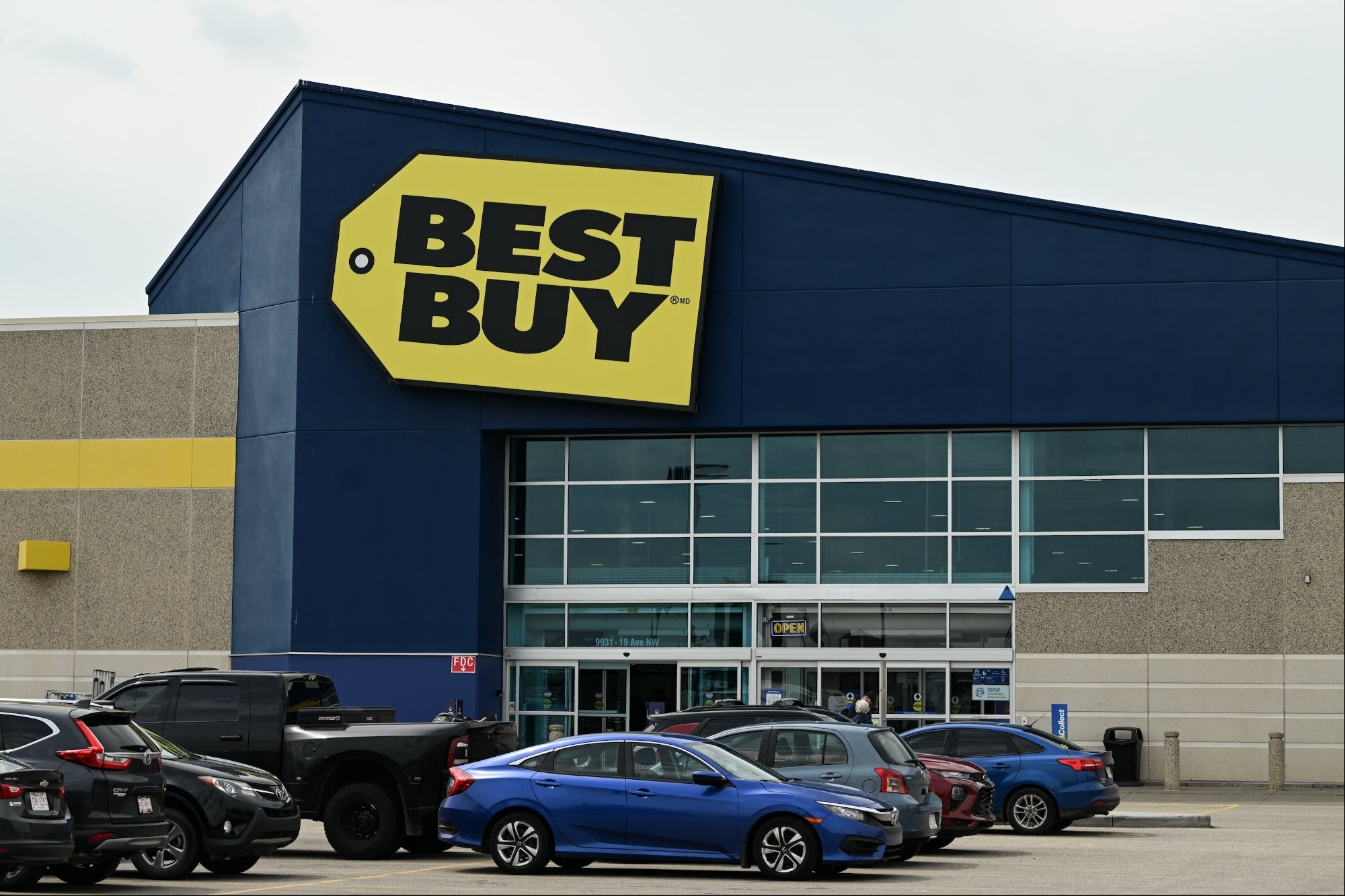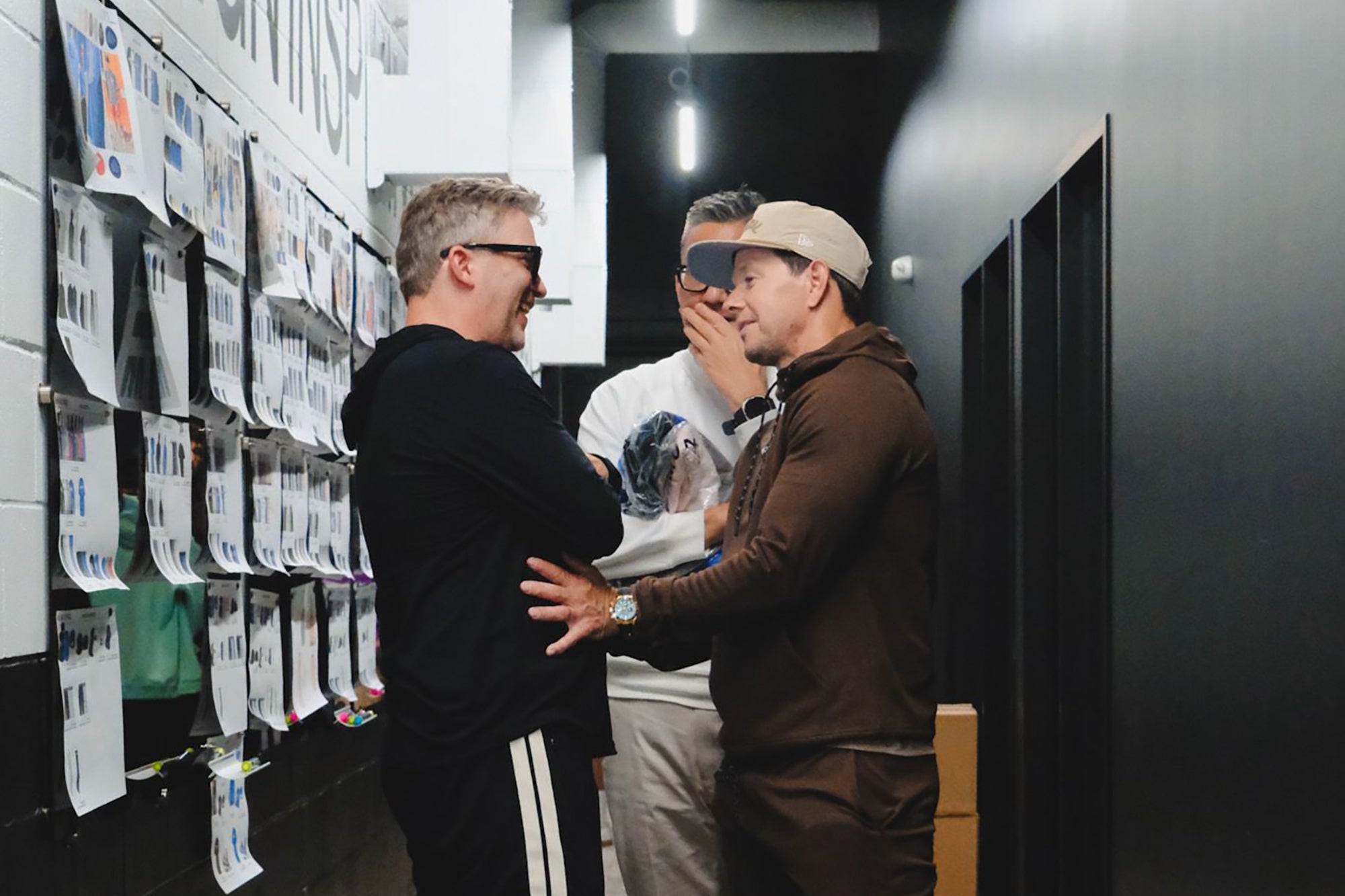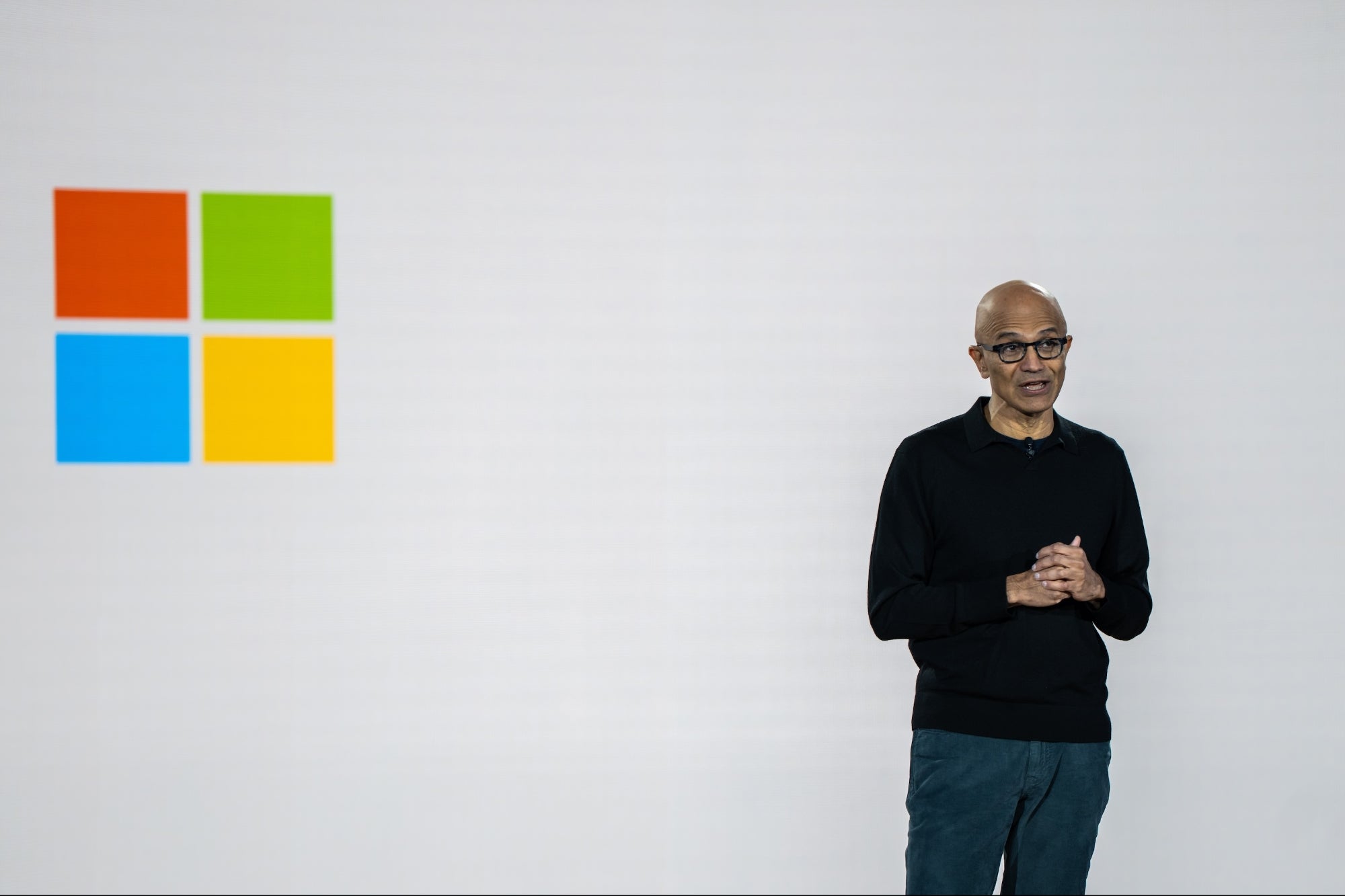Opinions expressed by Entrepreneur contributors are their own.
In 2006, just two years into my banking career, my mentor David Croft told me, “Pace yourself. You don’t want a nervous breakdown or burnout later down the road.” I was just 24 then. I smiled and thought, “I don’t do burnouts.” Ten years later, as a 34-year-old entrepreneur, I regretted not listening.
You might think that regular runs or occasional gym visits are enough to safeguard your health. But if you’re an entrepreneur, think again. Building a startup places extraordinary emotional and psychological demands on your body — demands that a jog won’t erase. The fractures accumulate and emotional stresses somatize into your body.
My reckoning came in August 2016.
I had just returned from a holiday in the Maldives — supposedly a break to recharge. Our startup had entered a “stable” phase: revenues exceeded costs, and we had launched a new social trading tool. Each time the platform fired off a winning recommendation, users made money and celebrated — rewarding our brains with dopamine. When trades failed, cortisol, adrenaline and norepinephrine kicked in, creating that familiar gut-wrenching stress response.
This chemical rollercoaster was constant. Add to that the pressure of scaling and debugging, and I had unknowingly built a storm inside my nervous system. This was the trigger event, but such events had pockmarked my journey since I started working in 2005.
One morning, I woke up with a strange sensation. Every breath felt inadequate. That feeling followed me all day. Days turned into weeks, fear creeping in.
Related: Want to Transform Your Life and Business? This Expert Says You Need to Start Prioritizing Your Health.
Was it anxiety? No. This was something more insidious.
Three weeks into the ordeal, I cancelled dinner plans and tried to sleep it off. But even lying down, I felt short of breath. Then my heart began racing, palpably irregular. I panicked. This has to be a heart attack. I rushed to a private hospital, but ultimately, they sent me home, calling it a panic attack.
It wasn’t.
That night, my heart jolted awake every time I tried to fall asleep. Adrenaline surged involuntarily. My body was exhausted, but I couldn’t rest. By morning, I felt zombified. Eating triggered inflammation. Breathing, sleeping, walking — even speaking — had become luxuries. Five minutes of walking brought chest tightness. I was a prisoner in my own body. This situation lasted for a month before I threw in the towel.
I handed over operations to my COO and flew back to Germany in November 2016, seeking help. My childhood physician ran a battery of tests; I saw specialists in neurology, pulmonology, cardiology, endocrinology — everything came back normal.
The truth, I later realized, was simpler: I had neglected my health for a decade. My nervous system was overwhelmed. This was the cost of relentless ambition. I had crossed a line.
So, I did what I’d always done — I internalized it. I accepted it stoically, adapted and returned to partial functionality. Breathing remained difficult. I had food intolerances, sleep disturbances — yet I pushed on as the business grew more complex.
The root cause, though, remained elusive until 2022.
That year, as we emerged from the pandemic, a new symptom flared up. I met a rheumatologist and they told me my body was permanently stuck in fight-or-flight mode. It hit me. Years of stress had rewired my system. My body couldn’t distinguish minor stressors from existential threats. Even food or mild exercise would trigger inflammation. My nervous system had become hypersensitive.
Understanding the root cause changed everything. That week, my breathing improved measurably — for the first time in six years. It was far from perfect, but I felt human again. I simplified my diet, increased workouts from twice a week to four, then six.
Over the next three years, I prioritized physical rigor to balance my nervous system. Stress from work still came, but the cortisol was burned off consistently. Slowly, the symptoms faded.
For any entrepreneur on this path, here’s what I’ve learned.
Related: Why Personal Health and Wellness Are Key to Business Longevity
1. Your body holds onto stress — find a way to release it
Rejection, investor setbacks, staff departures — each one takes a toll. You absorb them, even alchemize them for success. Over time, however, emotional debt gets embroidered into your body’s cellular fabric. Chronic stress accumulates, eventually manifesting physically. Ignore it long enough, and it can break you. Even if you may be functioning on the face of it, your body keeps count, and if you do not find active ways to de-stress, eventually you may not be able to show up for your mission any longer.
Invest time in an outside hobby unrelated to your startup. This may be consistent exercise (two or three times a week will not cut it), or other activities such as meditation, yoga, writing, exploration and travelling, or anything that allows you to unplug. A hobby, ideally, should not include screen time, as you are then a few clicks away from checking a stressful email, related to work.
2. View diet as medicine
Entrepreneurship often comes with terrible nutrition habits. Alcohol, cigarettes, energy drinks, junk food — it’s common, but lethal over time. These habits don’t just affect your waistline; they damage your DNA and brain chemistry.
I never drank or smoked — it clashes with my fitness and martial arts routine — but I still paid the price through improper diet and stress. Strive to eat clean 70–80% of the time. Cheat meals are fine, but don’t let comfort foods become a lifestyle. It’s a slippery slope as your body can handle the barrage of delicious insults while you’re young, but is less efficient at metabolizing it later.
4. Health improvements can translate to better business performance
I began training just to breathe again. Now, I set fitness KPIs every year — track strength, endurance, flexibility. That mindset carries over. Whether you’re crushing a 150kg deadlift or running a 10K non-stop, your confidence to tackle business crises increases, on the margin. Look at Zuckerberg: from hoodie-wearing coder to legit MMA beast.
Physical power feeds mental resilience. Mental resilience feeds physical power. The symbiosis is real.
5. Don’t expect closure solely from doctors
You might get normal test results, but still feel awful. The more you test, the more coincidental findings you may unearth that, in turn, may trigger anxiety spirals. Don’t obsess over rare illnesses or spiral into self-diagnosis. The likelihood that your body succumbed to an illness yet to be discovered by the medical community is low. It’s more likely that your nervous system is the culprit. Focus on healing: simplify your life, reduce triggers, eat better and move more. Your body knows how to recover — just give it space.
Related: How to Optimize Your Personal Health and Well-Being in 2025 — A Guide for Entrepreneurs
Conclusion: Become you 2.0
You can iterate your startup. You can pivot your business. So why not do the same for yourself? Entrepreneurship doesn’t just test your ideas — it tests your biology. Without self-awareness and health consciousness, your success may come at a devastating cost.
Listen to your body. Pace yourself. And build the most important startup of all: you.








